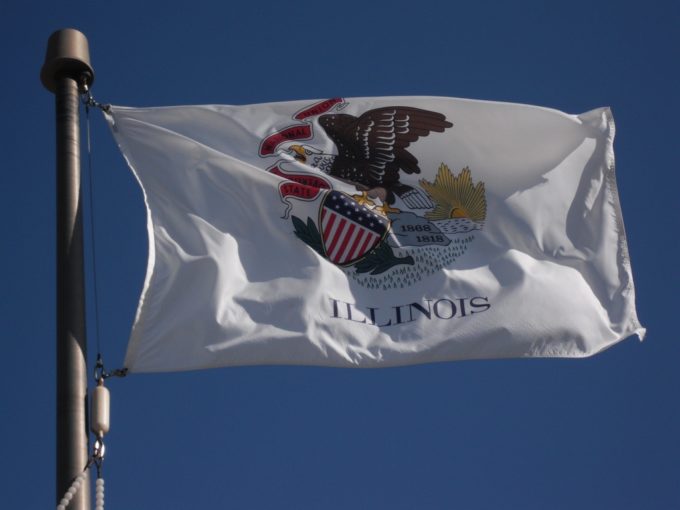
State v. Minnis: Amicus Brief by EFF and ACLU Urging Illinois State Sex Offender Laws Declared Unconstitutional under First Amendment
By Yaping Zhang – Edited by Mila Owen
On April 6, 2016, the American Civil Liberties Union of Illinois (“ACLU”) and the Electronic Freedom Foundation (“EFF”) filed an amicus brief at the Illinois Supreme Court, urging the Court to declare unconstitutional the State’s Sex Offender Registration Act (“SORA”). SORA imposes jail time on a registered sex offender who fails to report “Internet communications identities” to law enforcement, and broadly applies to such activity writing an online letter to the editor, posting a political comment, or researching health information.
The amicus brief can be found here. Both EFF and ACLU have given their accounts of the case and their reasons for filing the brief.
The Defendant-Appellee in the case, Mr. Minnis, committed a misdemeanor sexual offense several years ago as a juvenile . He served 12 months’ probation and following which was added to the sexual offender registry. He was recently arrested and charged with a Class 3 felony punishable by a year in prison after he failed to report to police a Facebook account to which he had uploaded a photo. SORA, codified at 730 ILCS 150, imposes considerable burdens on registered sex offenders, requiring them to report “all e-mail addresses, instant messaging identities, chat room identities, and other Internet communications identities that the sex offender uses or plans to use, all Uniform Resource Locators (URLs) registered or used by the sex offender, all blogs and other Internet sites maintained by the sex offenders or to which the sex offender has uploaded any content or posted any messages or information ”.
The case comes before the Illinois Supreme Court on appeal from the Circuit Court of the Eleventh Judicial Circuit, County of McLean, where Judge Robert Freitag held that the statute is unconstitutionally overbroad under the First Amendment, both on its face and as applied. The only open issue on appeal is whether the statute violates the First Amendment.
The amicus brief suggests that the court apply a strict standard of scrutiny (holding the statute unconstitutional unless it serves a compelling government interest) in their review of the constitutionality of the statute, because it targets the speech of particular group of people. Amici further contend that SORA, relying on a tenuous link between the sweeping regulation of sex offenders’ speech and the government’s legitimate interest in public safety and welfare, is unconstitutional under any First Amendment analysis. The brief argues that the Illinois statute is overbroad in three ways: in the amount of speech they regulate, in the number of people they regulate, and in the number of people with access to the reported information.
Both the amicus brief and Judge Freitag expressed concern about SORA’s application to juvenile sex offenders such as Minnis who are unlikely to reoffend, and the chilling effect of effectively making anonymous internet speech impossible for the group that SORA applies to. EFF Senior Staff Attorney Adam Schwartz seems confident that such reporting requirements will be found unconstitutional, since courts around the country have invalidated similar laws that “severely burden virtually all online speech with only a tenuous connection to law enforcement”. In that case, the State of Illinois will have to re-measure its law enforcement policy regarding online offenses, which has long been a difficult task to do.
Yaping Zhang is a 3L at Harvard Law School.
Mila Owen is a 1L at Harvard Law School.